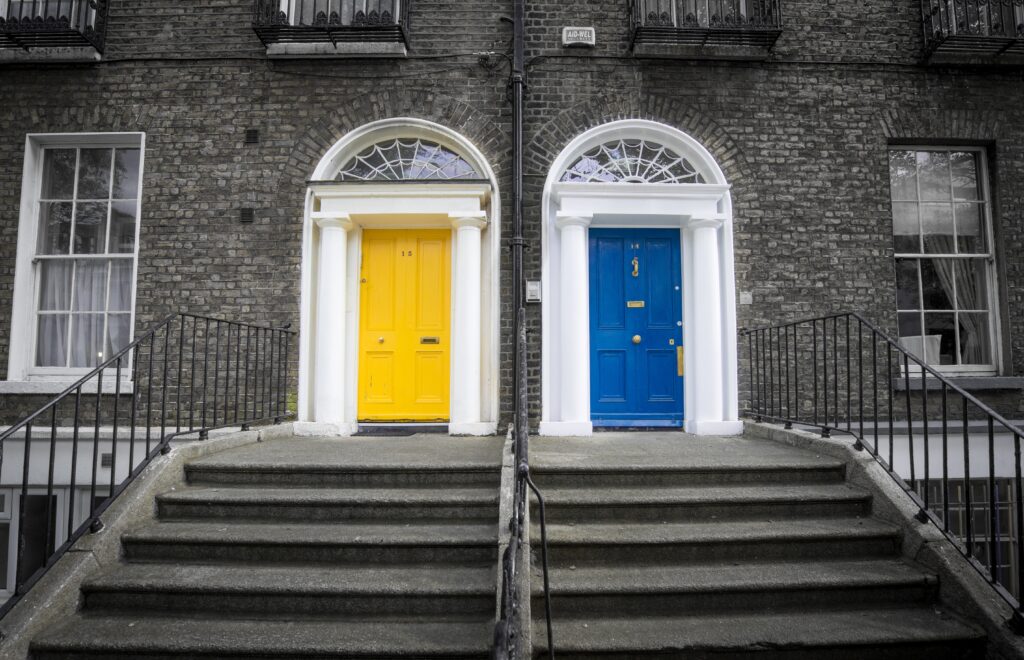
The answer is often yes, but it is important to look at the Power of Attorney itself to see if there are any restrictions or limitations and the type of power given to the Attorneys.
A Power of Attorney is a legal document which allows a person (the donor) to appoint one or more people to make decisions for them (including the selling of a property), if they are unable to do so. There are a number of different types of Power of Attorney:
A General Power of Attorney
A General Power of Attorney can only be used whilst the donor has mental capacity. If the donor loses capacity, then the Attorney’s power comes to an end. This document is most commonly used if the donor is going to be away for some time – for example on holiday or in hospital.
If a property is being sold under a General Power of Attorney then the conveyancer will need to confirm with the donor that they do indeed have capacity and that they are happy with the Power of Attorney being used during the sale. They will also want clarification as to why the property is being sold by the Attorney and not the donor.
An Enduring Power of Attorney
Enduring Powers of Attorney were replaced by Lasting Powers of Attorney (see below) in 2007 but there are still many Enduring Powers of Attorney in existence.
The difference between a General Power of Attorney and an Enduring Power of Attorney is that the latter continues to be valid even if the Donor loses their mental capacity.
If the seller still has mental capacity, then they can choose whether to give instructions for a sale directly or for their Attorney(s) to act on their behalf.
If the seller no longer has capacity, then the Enduring Power of Attorney must be registered at the Office of Public Guardian before it can be used. A conveyancer will need to check this before accepting instructions. If the Enduring Power of Attorney has not been registered, then it will need to be dealt with before the sale can proceed. Registration can take approximately 8-12 weeks and so may delay a sale.
A Lasting Power of Attorney
As previously stated, Lasting Powers of Attorney replaced Enduring Powers of Attorney and these must be registered with the Office of the Public Guardian before they become valid. For a conveyancer to accept the Lasting Power of Attorney, it must be stamped and validated on every page.
There are two types of Lasting Power of Attorney – Property & Finances and Health & Welfare. A Health & Welfare Lasting Power of Attorney only relates to a person’s health and care and does not give the Attorney any authority to sell a property.
Restrictions and Limitations
It is important to note that any type of Power of Attorney can include restrictions to prevent the Attorney from selling the property and so a conveyancer will always need to see the original or a certified copy of the document to check it thoroughly before accepting instructions.
The Attorney must also comply with their duties under the Mental Capacity Act 2005 in that they have a duty to act in the Donor’s best interests at all times.
If an Attorney wishes to sell the property or a family member would like to do so then this will need to be approved by the Court beforehand and so a conveyancer will also need to make enquiries as to whether there is any relationship between the Attorney and the purchaser.
What if a person didn’t make a Power of Attorney and their property needs to be sold?
Where a seller of a property has lost mental capacity and does not have a Power of Attorney, it will be necessary for someone to apply to the Court of Protection for a Deputyship Order.
A Deputy is a person appointed by the Court of Protection to be legally responsible for the person who lacks capacity. The procedure to apply for a Deputyship Order can take approximately 6-9 months to complete and would delay a sale substantially. It is important that the Order expressly gives the Deputy the power to sell a property otherwise a further Order will be required.
Occasionally an Order will specifically prevent the Deputy from selling property and so a conveyancer will need to check the Order thoroughly before accepting instructions.
For further information regarding the above, please contact us on 01332 364436. Alternatively visit our Conveyancing or Wills & Probate web pages.




